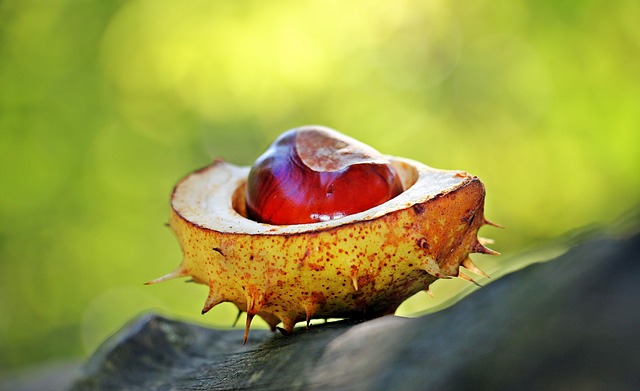Throughout our lives, we are exposed to a variety of microorganisms such as bacteria, viruses, and fungi. Not all of these microorganisms are harmful, and some are actually beneficial to our health. Probiotics are living microorganisms that, when consumed in adequate amounts, can provide health benefits to the host. Probiotics can help maintain the balance of helpful bacteria in our gut, and this has a positive impact on a variety of areas in our body. One of the ways that probiotics can help is by building a stronger immune system.
How can probiotics help build a stronger immune system?
Your immune system is a complex network of cells, tissues, and organs that work together to protect your body from harmful invaders, such as viruses and bacteria. The gut is home to the majority of the body’s immune cells, and this is where probiotics can play a key role. When you consume probiotics, they interact with your immune cells and modulate their response. Probiotics can help boost the production of immune cells, and this can enhance the immune system’s ability to fight off infections.
Probiotics also promote the production of antibodies, which are proteins that help to neutralize harmful invaders such as viruses and bacteria. These antibodies are produced by your immune system in response to exposure to harmful microbes. When you take probiotics, they can stimulate the production of antibodies, and this can help your body to better defend itself against infections.
Probiotics can also influence the function of dendritic cells in the gut. Dendritic cells play a critical role in the immune system by presenting antigens (substances that provoke an immune response) to other immune cells. Probiotics can help to stimulate dendritic cell activity, and this can help the immune system to better recognize and respond to harmful microbes.
Which types of probiotics are best for immune support?
There are many different types of probiotics, each with unique health benefits. When it comes to immune support, there are a few strains that have been shown to be particularly effective. These include:
- Lactobacillus acidophilus: This strain is commonly found in the gut and has been shown to enhance the production of cytokines, which are immune signaling molecules.
- Bifidobacterium bifidum: This strain has been shown to improve the gut’s barrier function, which can help to prevent harmful microbes from entering the body.
- Lactobacillus rhamnosus: This strain has been shown to enhance the production of natural killer cells, which are immune cells that help to destroy infected cells and cancer cells.
It’s important to note that different strains of probiotics may have different health benefits, and it’s always a good idea to consult with a healthcare professional before starting a new supplement regimen.
How can you incorporate probiotics into your diet?
Probiotics can be found in many different types of foods, including fermented foods and dairy products. Here are a few examples:
- Yogurt: Yogurt is a great source of probiotics, particularly strains such as Lactobacillus acidophilus and Bifidobacterium bifidum. Look for yogurts that have “live and active cultures” listed on the label.
- Kefir: Kefir is a fermented drink that is a rich source of probiotics. It contains a variety of different strains, including Lactobacillus acidophilus and Bifidobacterium bifidum.
- Sauerkraut: Sauerkraut is a fermented cabbage dish that is a rich source of probiotics, particularly Lactobacillus rhamnosus.
If you’re not a fan of fermented foods, or if you’re looking for a more concentrated source of probiotics, you may want to consider taking a probiotic supplement. Probiotic supplements are available in many different forms, including capsules, powders, and gummies. Look for a supplement that contains a variety of different strains, and make sure to follow the recommended dosage on the label.
Conclusion
Probiotics can be







